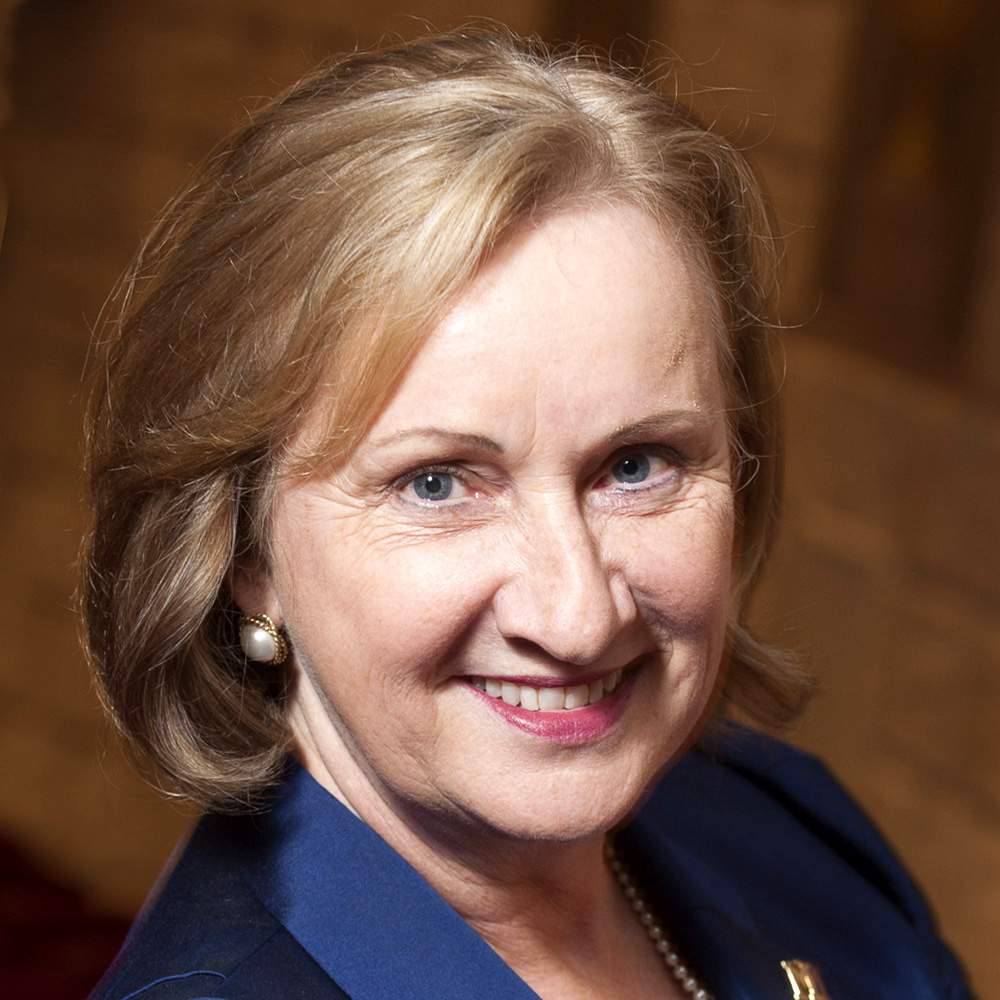Experts: Wikileaks fallout and Clinton VP choice test party unity
As the Democratic National Convention kicks off today, it will be shaped by weekend news of the WikiLeaks scandal and Hillary Clinton’s centrist VP pick, both of which have rankled Bernie Sanders and his supporters. In the City of Brotherly Love, will Sanders’ talk this evening reveal there is no love lost between him and Clinton? SMU experts weigh in.
DALLAS (SMU) — As the Democratic National Convention kicks off today, it will be shaped by weekend news of the WikiLeaks scandal and Hillary Clinton’s centrist VP pick, both of which have rankled Bernie Sanders and his supporters. In the City of Brotherly Love, will Sanders’ talk this evening reveal there is no love lost between him and Clinton? SMU experts weigh in:
| AFTER ‘ONE-TWO PUNCH,’ LIBERALS STRUGGLE WITH YET ANOTHER TRUST FACTOR INVOLVING CLINTON |
|
|
“The WikiLeaks development and Tim Kaine VP pick are a sort of one-two punch for liberals. They may feel marginalized, both by the evidence that the DNC actively conspired against their progressive champion and Clinton’s choice of a relatively centrist, pro-business running mate. Hard-left activists didn’t trust Clinton and the Democratic establishment to begin with, and this won't help. It will be interesting to see if Bernie Sanders himself is actually more forgiving about this than his supporters.” Matthew Wilson, SMU associate professor of political science, can discuss:
|
|
| WIKILEAKS OPENS OLD WOUNDS WITH SANDERS, CAST DOUBTS ON PARTY UNITY |
|
|
“Just as the DNC set its goal to unify the party, the WikiLeaks emails opened old wounds and validated Bernie Sanders’ earlier claims that he didn’t get a fair shake. Meanwhile, as Democrats began gathering in Philadelphia, they were confident that, unlike the Republicans, they would stay on message. The WikiLeaks release has had the effect of raising tensions between Clinton and Sanders supporters and also throw doubts on whether Monday's opening will display the party unity they desired.” Kirk is at the DNC with a team of SMU student interns who will help conduct focus groups for CNN the evenings of July 27-28. Kirk, SMU professor of communication studies and director of the Maguire Center for Ethics & Public Responsibility, can discuss:
|
|
| WIKILEAKS DESTABILIZE CLINTON SUPPORT, UNDERSCORE ‘PUBLIC MALAISE’ ABOUT ELECTION PROCESS |
|
|
“The WikiLeaks revelations underscore cynical manipulation against Sanders in his robust challenge to Clinton’s nomination. That will not only destabilize Clinton’s support among Sanders supporters, but also contribute to an ongoing public malaise about the presidential selection process.” Voth, SMU’s director of debate and an associate professor of corporate communications and public affairs, can discuss:
|
|
| REPUBLICAN & DEMOCRAT VIEWS OF UNITY DRAW PARALELLS TO ‘ALL LIVES MATTER’ & ‘BLACK LIVES MATTER’ |
|
|
Matthew Wilson “Republicans and Democrats appear to have very different views of unity and diversity. Republicans promote unity and inclusiveness by avoiding explicit mentions of identity groups, preferring instead to reference to ‘all Americans,’ without calling out specific groups by race, religion, gender, etc. By contrast, Democrats often make targeted appeals to demographic groups, making specific reference to African Americans, Latinos, Muslims, gays, women, etc. – which Republicans see as divisive pandering. It’s like the difference between ‘All Lives Matter’ and ‘Black Lives Matter,’ and it’s fascinating.” |
|
| TRUMP’S VOW TO FUND SUPER-PACs AGAINST KASICH & CRUZ ‘AN INCREDIBLE RISK’ FOR CONSERVATIVES; MAY HELP LIBERALS |
|
|
Ben Voth “Trump’s decision to start super-PACS aimed at [ending the political careers of] Kasich and Cruz is a dramatic attack on his own base. Kasich’s position in Ohio, a swing state, makes that an incredible risk for Trump. It also has opened up a number of surprising appeals to conservatives that they should vote for Hillary.” |
|
| CLINTON AS ‘FIRST FEMALE NOMINEE’ TO GET AMPLE MENTION AT DNC, BUT HOW EFFECTIVE WILL IT PROVE? |
|
|
Matthew Wilson “People have known for years that Hillary Clinton was the likely 2016 Democratic nominee, so there’s not much novelty left to her gender or anything else. But with Clinton’s electoral strategy predicated on a huge gender gap (at least 15 points), I’m sure the ‘first female nominee’ angle will get ample mention at the convention. One interesting note: During the primaries, gender solidarity appealed much more to older women than younger ones. Women under 40 just didn’t seem all that excited about the idea of a first female president –maybe because they have grown up in an era where a woman’s ability to rise to a high position is largely taken for granted.” |
|
# # #
#21799-nr-07/25/2016-dg


